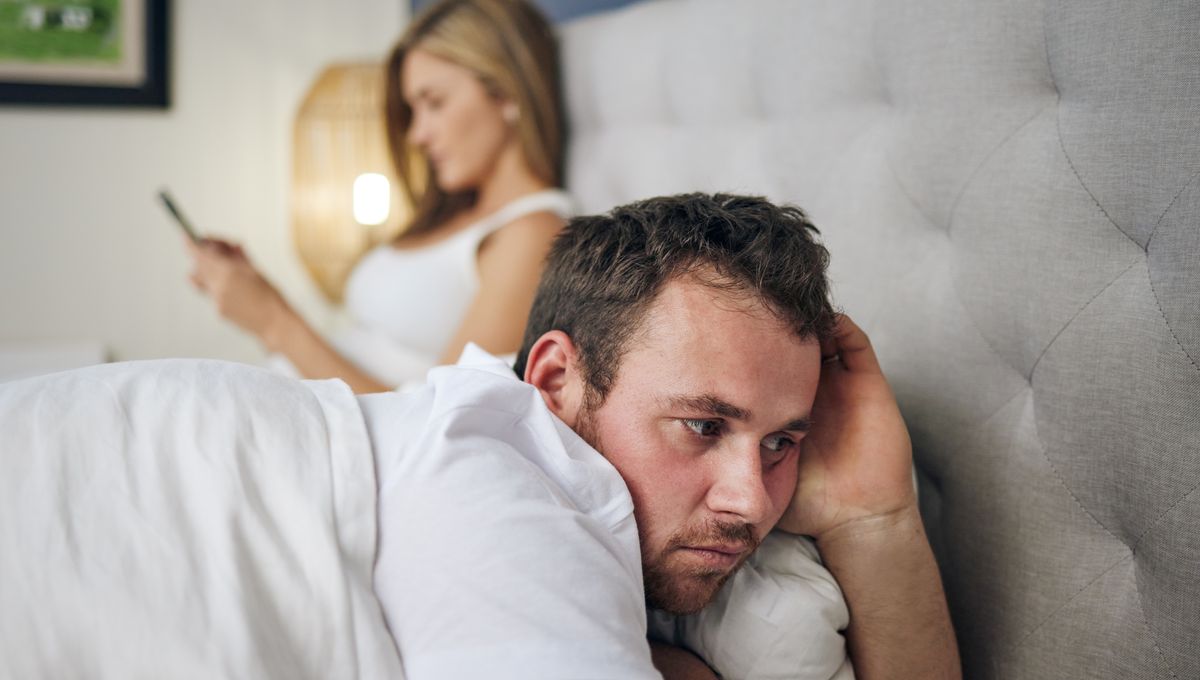
Phubbing. Depending on who you ask, it’s either the scourge of modern society or really not that big of a deal. It’s been linked to all sorts, from loneliness, to relationship woes. But one recent study produced a surprising result – contrary to every depiction of family life that you’ve ever seen on 21st-century television, married people are apparently less likely to go around phubbing others than single people. Who knew?
If you read that with increasing confusion over exactly what phubbing is, that’s partly our fault. We told you we were putting it to bed, but psychologists will keep making interesting observations about it. So, a quick explainer: phubbing is a portmanteau of the words “phone” and “snubbing”, used to describe the act of ignoring the other humans around you in favor of scrolling on your device. Though the word itself was originally dreamed up as part of a clever marketing campaign, the behavior it describes is so commonplace that it sort of…stuck.
Recent statistics from the GSMA revealed that 4.3 billion people worldwide now own a smartphone, making them a majority of the global population. Wherever there are smartphones, there are phubbers, and scientists are increasingly interested in the impact these little devices could be having on even our most intimate human relationships.
First author Carla Abi Doumit, of the Holy Spirit University of Kaslik in Lebanon, and colleagues surveyed 461 young Lebanese adults between the ages of 18 and 29 to find out about their phubbing habits. They hypothesized that those who scored highly for the personality trait of extraversion would be less prone to phubbing, whereas those who more readily experienced boredom and loneliness might be more likely to phub.
The results were a bit of a mixed bag. There was no clear association between extraversion and phubbing, but where people were both extraverted and prone to boredom they did show less of a tendency towards phubbing. “This indicates that they might fill their boredom with socializing instead of using their phones,” suggested the authors in their paper.
They also found that people scoring highly for traits of openness, which often means those with high levels of curiosity and a willingness to try new things, were less likely to be guilty of phubbing.
In general, though, boredom proneness was, as expected, a positive indicator of phubbing. We’ve all been there – sitting through an hours-long meeting when you’d rather be anywhere else, and your only chance for a bit of escapism is a quick browse on your phone…where’s the harm, right?
But one thing the authors did not expect to find was an association with relationship status. Married people within the study sample were less likely to phub than single people. The authors put this down to married people being less lonely, and having more responsibilities and concerns with which to fill their time, although there’s no conclusive literature on this subject yet.
But given that previous research has shown that phubbing your spouse is a predictor of poor marital satisfaction, it’s probably good that this study population, at least, seemed happy to keep their phones out of the way of wedded bliss.
The study had some limitations. The sample were all young, mostly female, and highly educated, so the results may not be generalizable to a wider population. Any study relying on questionnaire responses opens itself up to the possibility of bias. The authors also stress that it’s not possible to derive cause-and-effect relationships from their data: “Moreover, the cross-sectional study design does not allow causality-related conclusions.”
“For these reasons, our results might lack robustness and should be interpreted with caution,” they say, but they highlight the need for further research, and for professionals working in psychiatric medicine to consider a patient’s smartphone habits when trying to tackle social isolation.
Even if you don’t feel phubbing is having a catastrophic effect on your marriage, many of us could probably benefit from reassessing our relationship with our phones. No Phub Fridays, anyone?
The study is published in the journal Healthcare.
[H/T: PsyPost]
Source Link: Married People May Be Less Likely To Go Around Phubbing, Surprisingly